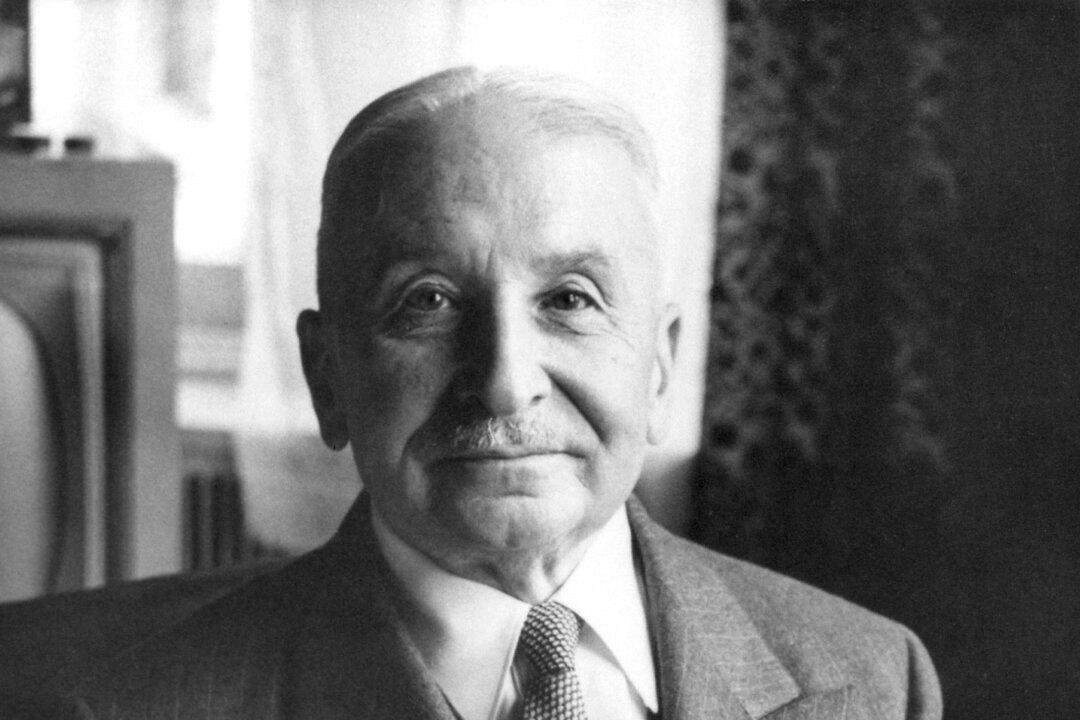California Gov. Gavin Newsom recently granted four pardons and two commutations. Among those pardoned were immigrants Victor Ayala from El Salvador, Arnou Aghamalian from Iran, and Thear Seam from Cambodia, all immigrants or refugees who arrived in the United States as children or teenagers.
Because of California’s sanctuary policies, the governor’s move is raising questions regarding his motives.




